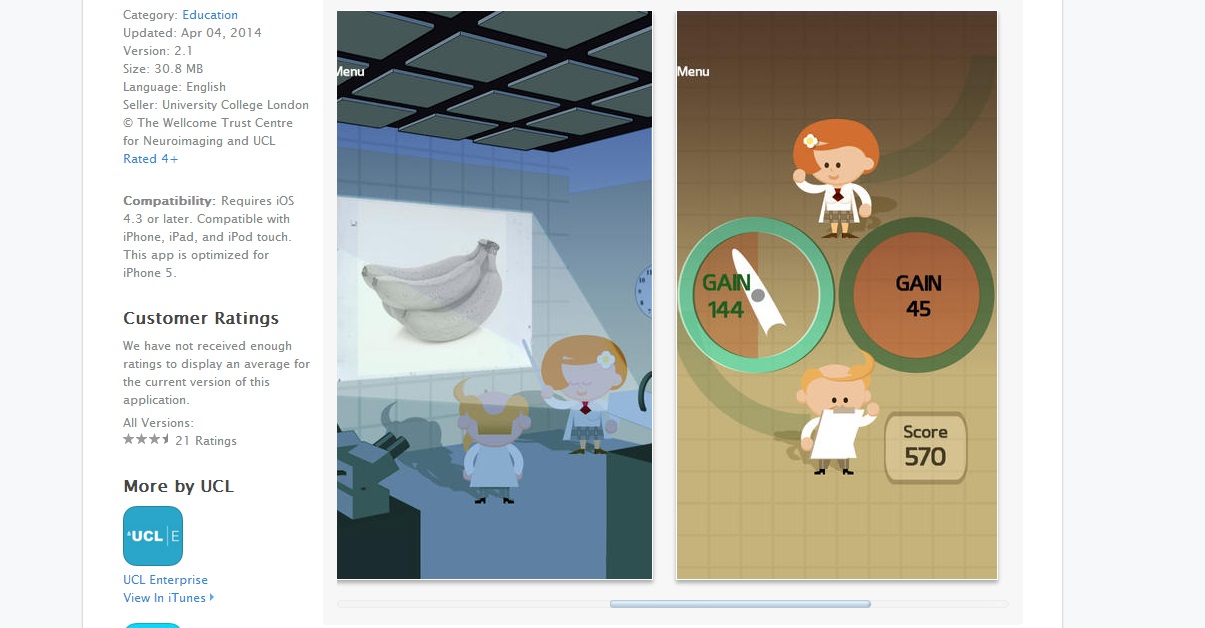Scientists unveil the 'happiness equation'
Mobile game app helps researchers demonstrate that expectations affect happiness more than rewards

A free daily email with the biggest news stories of the day – and the best features from TheWeek.com
You are now subscribed
Your newsletter sign-up was successful
Happiness levels can be predicted by using an equation based on rewards and expectations, research carried out at University College London has shown.
The study found that a person's expectations were more likely to affect his or her levels of happiness than the rewards they received.
"We expected to see that recent rewards would affect moment-to-moment happiness but were surprised to find just how important expectations are in determining happiness," lead author Dr Robb Rutledge told the International Business Times.
The Week
Escape your echo chamber. Get the facts behind the news, plus analysis from multiple perspectives.

Sign up for The Week's Free Newsletters
From our morning news briefing to a weekly Good News Newsletter, get the best of The Week delivered directly to your inbox.
From our morning news briefing to a weekly Good News Newsletter, get the best of The Week delivered directly to your inbox.
A person's past decisions and outcomes "can predict exactly how happy you will say you are at any point in time," Rutledge told the BBC. This is because all of a person's "recent expectations and rewards combine to determine your current state of happiness".
In the first phase of the study, 26 participants completed decision-making tasks involving gambling, during which an MRI scan monitored their brain activity. They were repeatedly asked to evaluate the level of happiness they felt throughout the process.
Based on these results, scientists were able to create a mathematical equation that they believed could be used to predict happiness.

They then tested the equation with over 18,000 participants through a smartphone app called The Great Brain Experiment. By playing the memory and decision-making game, users helped scientists test the accuracy of the equation.
A free daily email with the biggest news stories of the day – and the best features from TheWeek.com

"Even over this wide range of participants, there is a surprisingly consistent relationship between rewards, expectations, and happiness," Rutledge said.
Tom Stafford, a cognitive scientist at the University of Sheffield, said he was impressed with the accuracy of the equation, "especially given how unpredictable humans are".
"The importance of this study is the way it knits together brain activity, a computational account of reward and large-scale crowd sourcing of data on how people feel," Stafford said.
Researchers believe the results will be significant in working to analyse and understand mood disorders and happiness on a larger scale.